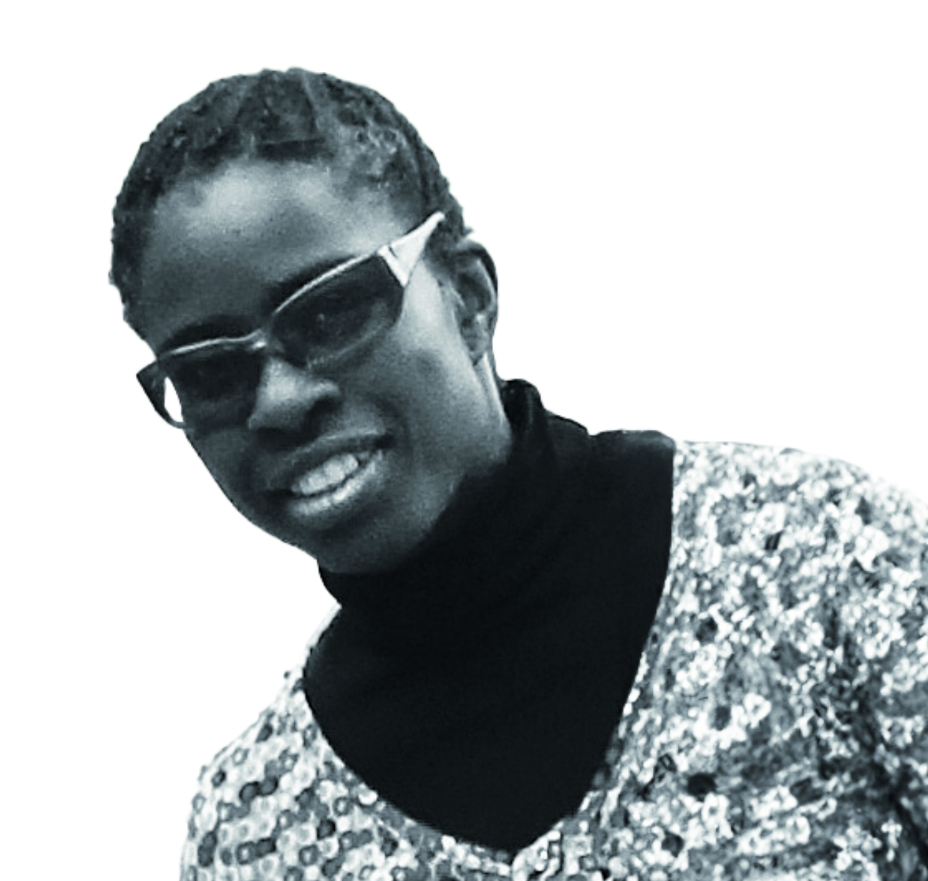From her local club run to the Olympic Games, how Lisa Brambini broke the mould
"I would have liked to race the modern calendar, but I'd want to do it old-school style - aggressively, attacking off the front from early on, and with no team orders."
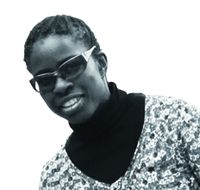
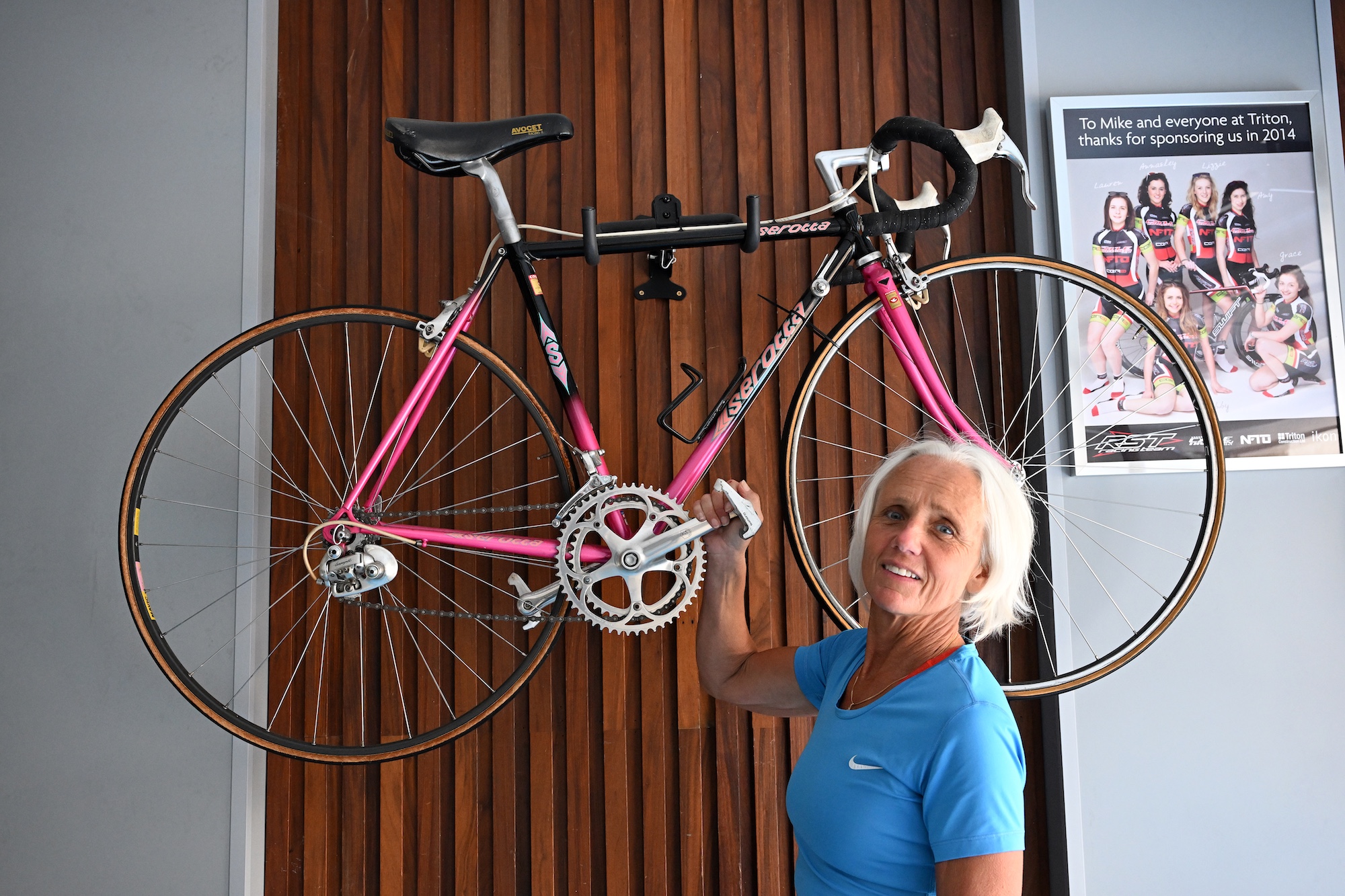
"So far today I've done 32,500 steps - my average is 37,000. I was up running on Ilkley Moor earlier, and it was fabulous," says a refreshed Lisa Brambani, speaking to me by video call from her home in Yorkshire.
Fifty-eight-year-old Brambani and her husband Michael moved in a year ago after a lengthy restoration project. Extreme DIY and garden design have become her passion, so much so that she also restored her daughter Abby Mae Parkinson's house a few years ago.
Twenty-eight-year-old Parkinson is a former pro racer, and Brambani has been supporting her not only with renovations but also in her day job, promoting Rampage, a fundraising race for the Yorkshire Children's Charity. The extreme cycle competition saw riders race up five floors of the iconic Victoria Gate multi-storey car park in Leeds city centre.
The event was supported by Ed Clancy, Tom Pidcock and Jonny Brownlee - all known personally to Brambani and her family. "I've been handing out flyers and spreading the word at local cycling events," she says. "In cycling, there's always someone you know, or who knows you, so what could be an hour's job ends up taking a full morning." Owing to her years as a bike racer - and later as mother of a bike racer - Brambani is a mine of information on cycling.
She raced between 1984 and 1991 and is a four-time national road race champion and a Commonwealth road race silver medallist. Brambani started cycling as a teenager in the 1980s, initially just as a way to stay in shape. "I didn't come from a sporting family - I was brought up in a pub car park," she jokes.
"My dad took me to the club [Ravensthorpe CC] one Sunday morning and left me with this group of men. We rode about 110 miles and when I finally got home, I staggered up the drive with my bike. My parents thought I wouldn't be going back."
Lisa Brambini
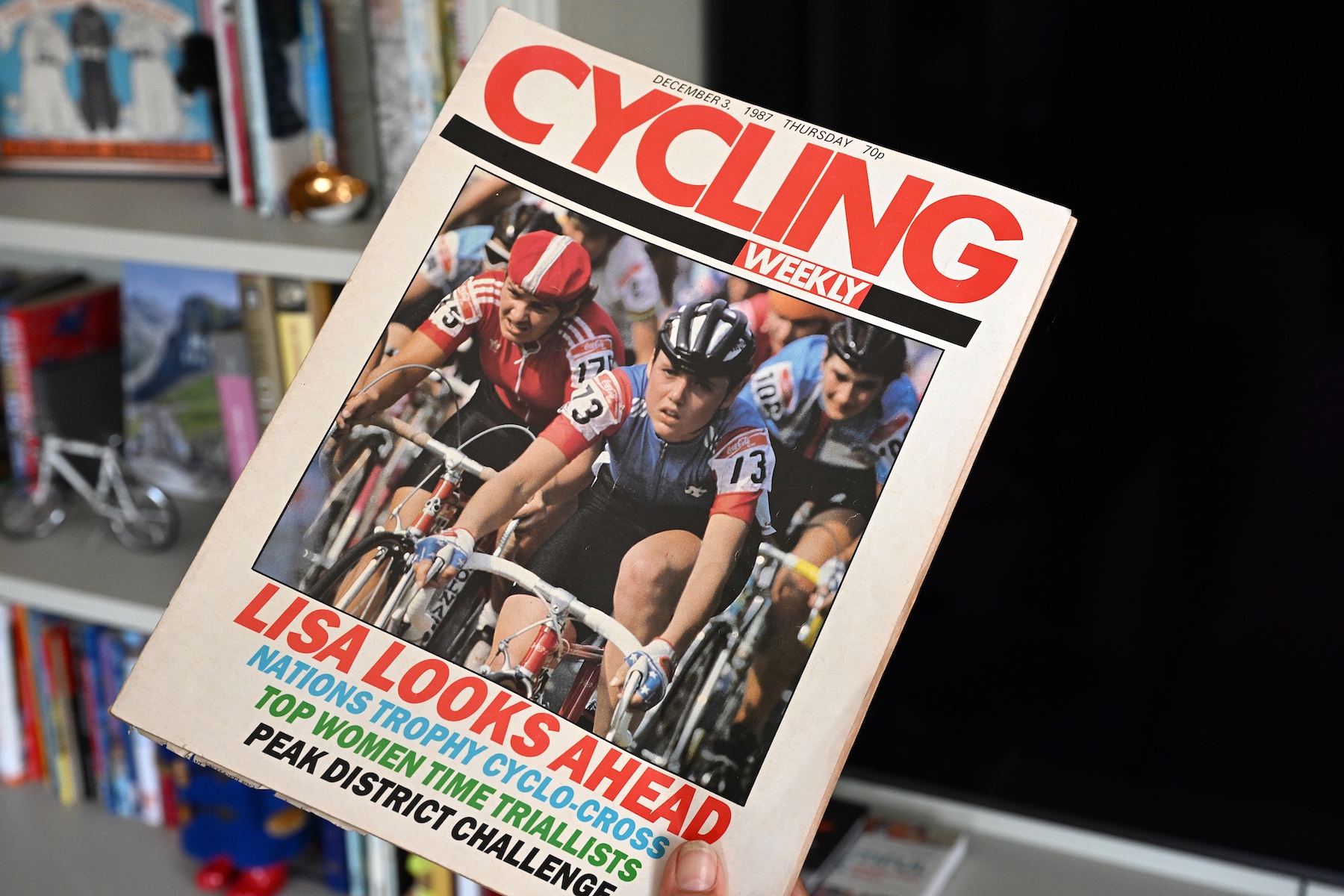
"My parents would leave me there with a packet of crisps while they had their weekend drink." Baptism of fire Her sporting life began when a swimming pool was built in her village and the centre manager encouraged children to try competing. Brambani was a natural, and won many competitions - a pattern that would be repeated by her daughter Abby some 30 years later.
At around the same time Brambani was beginning to feel she had gone as far as she could in swimming, a neighbour suggested she take up cycling. "My dad took me to the club [Ravensthorpe CC] one Sunday morning and left me with this group of men," she remembers. "We rode about 110 miles on the flat lanes around York. I was out until about six o'clock. When I finally got home, I staggered up the drive with my bike, and my parents thought I wouldn't be going back."
The latest race content, interviews, features, reviews and expert buying guides, direct to your inbox!
They were wrong: Brambani had loved it. "I really got along with the group of lads," she says. In fact, it was in the same riding group that she would meet Michael, her future husband. The couple celebrated their 30th wedding anniversary this year. Brambani's Sunday routine became travelling around the country to races with her father, who enjoyed his new-found hobby as support crew - more often than not, watching his daughter win.
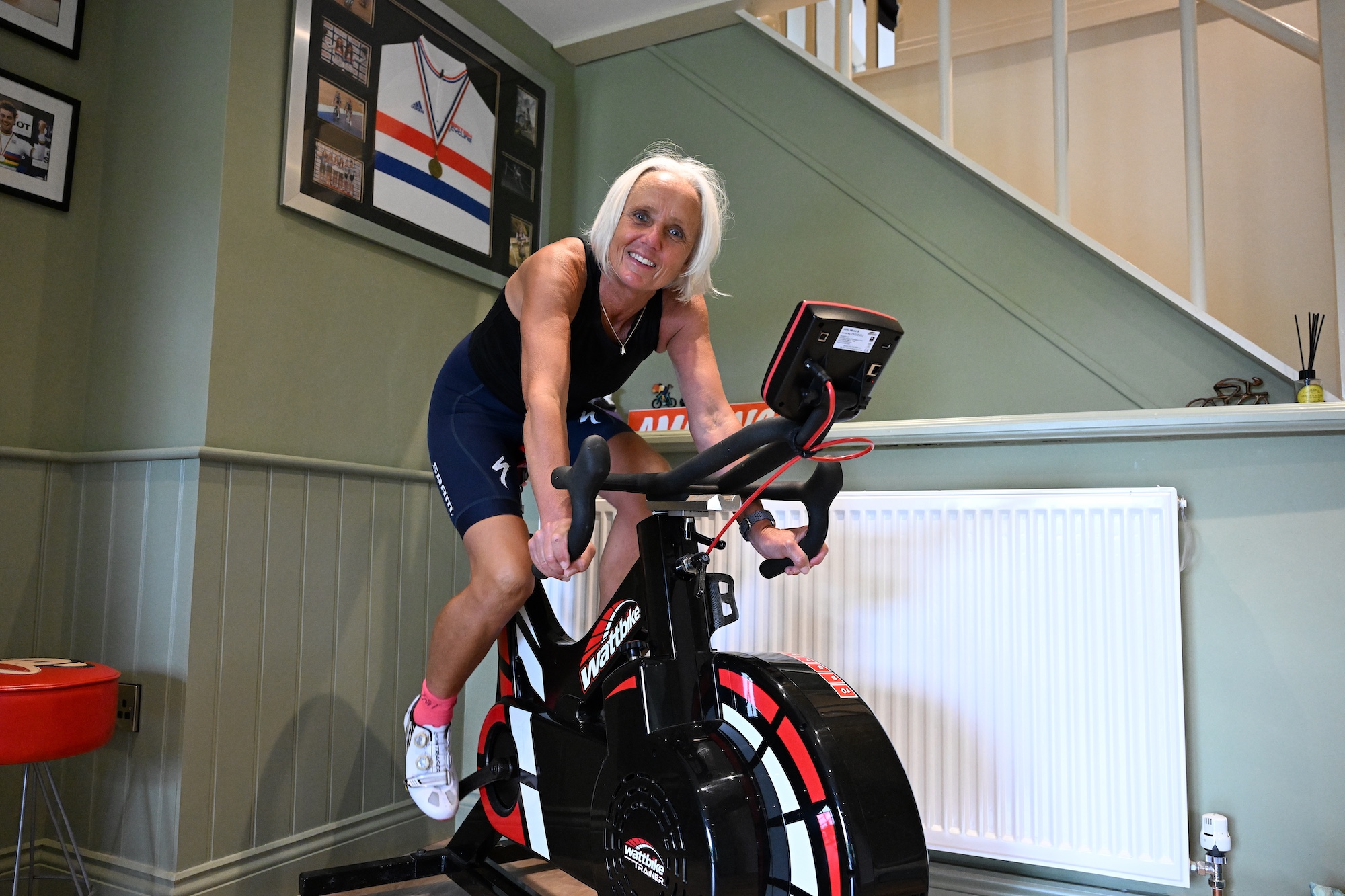
"My mum would usually stand at the garden gate at tea time waiting for us to return, and to see if there were flowers in the car to show that I'd won. There usually were." As Brambani was getting into racing in the early 1980s, the best riders of the day - Maria Blower, the Swinnerton sisters, Bernadette and Catherine, and Linda Gornall - were focused on the inaugural Olympic road race in Los Angeles, USA.
This left space on the domestic circuit for Brambani to shine. The Yorkshirewoman's success was no flash in the pan: she beat the Olympians on their return to Britain. Her fearless attacking style was her greatest asset, at a time when riders didn't race tactically as teams. Not knowing the form or pedigree of rivals also helped. Races came thick and fast, fixtures such as the Burton Series and Women's Cycle Racing Association series providing a top-level contest most weekends.
"It's not like today, where you have to go to Belgium for top-level competition," notes Brambani. Having gained attention on the domestic scene, the young racer was courted by Manchester Wheelers, but she elected to stay faithful to her Ravensthorpe clubmates, who came to watch her at all her big races. Europe beckons Brambani remembers one dramatic win at the 1986 National Road Race Championships.
"I attacked and took Vicky Thomas with me, and we came into the finish together. Then she took me into the gutter and brought us both down. So there we were, 100m from the line, both on the floor." Brambani's team scooped her up and got her back on her bike before Thomas could get up.
"I crossed the finish line first, without my shoes in my pedals, and my knees and elbows running with blood. If Vicky had won, she would have been relegated anyway, as the officials said she hadn't stuck to her racing line." Amateur women like Brambani earned neither a salary nor prize money. She made ends meet by working in her dad's butcher's shop; if she was lucky, she would occasionally win a pair of tights or a set of bathroom scales.
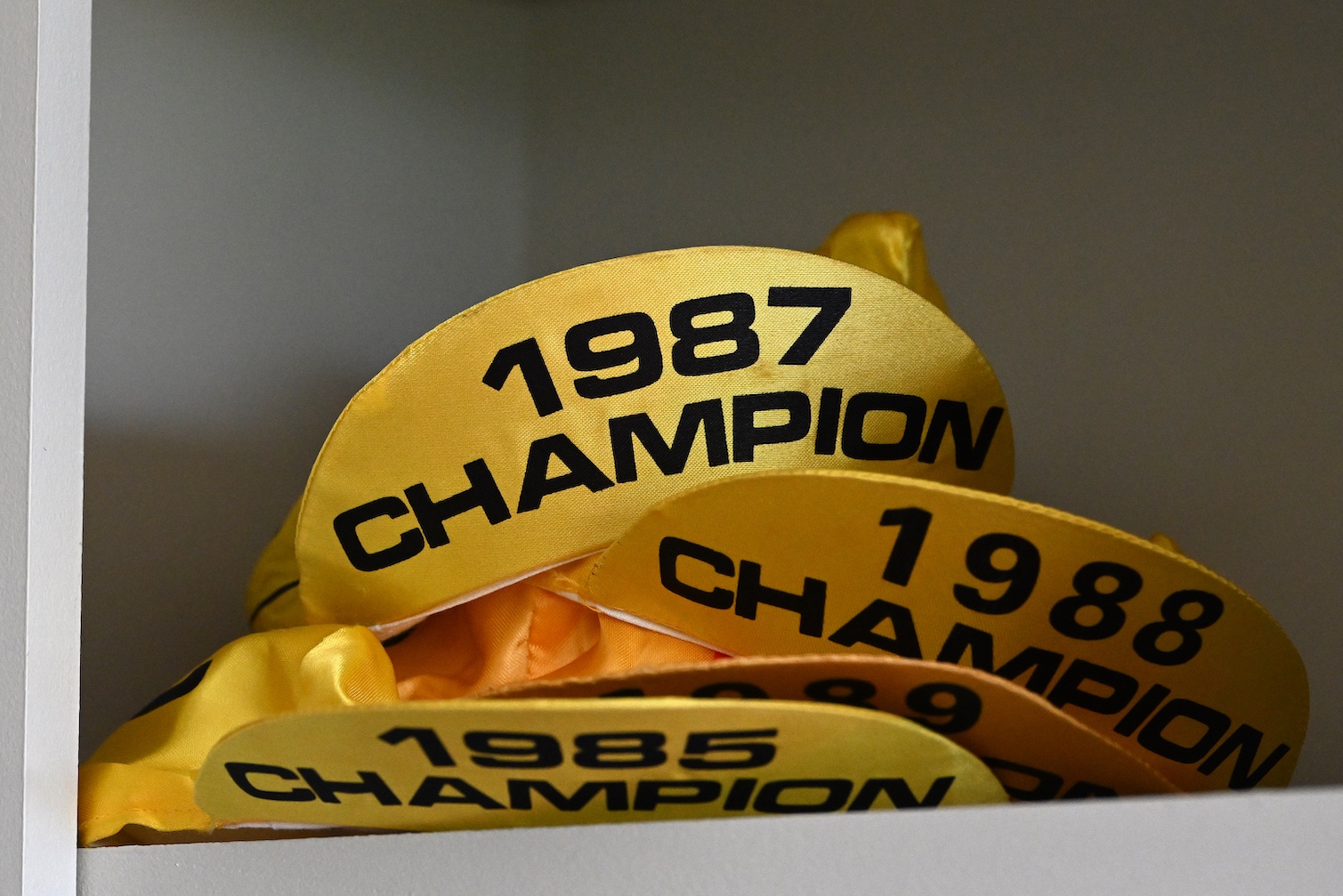
This changed around 1985 when Brambani met racer Val Rushworth, who was able to secure her funding from Yorkshire and Humberside Council and who also became her coach. "Previously my training had been trial-and-error," says Brambani. "On race days my dad would cook me an extra bit of beef and some pork. But after a while, it just got too heavy for me and I realised we needed another solution. Val was the single biggest influence on my career."
Rushworth studied training manuals, and soon convinced Brambani that porridge would be preferable as a race day breakfast. As well as nutrition advice, Rushworth provided motorcycle-paced training and put her in touch with "the Bradford lads", who included Dave Rayner, Bernie Burns and David Mann. These men became her training partners for long rides across the Yorkshire Dales.
It was also thanks to Rushworth that Brambani started racing abroad, including at the inaugural Giro Donne in 1988, where she finished ninth. Soon afterwards, Brambani went to the United States and spent two years racing for the Weight Watchers team. "I loved racing for that team," she says.
"It was rock and roll - everything that racing wasn't in the UK. We got great prize money, great support, fabulous kit, fabulous bikes, a big van, and we had a mechanic, a masseuse, a manager, and had a great sponsor." The results came too. "It was the best team in America. We won loads of money because, while I cleared up on the stage races, we had sprinters who would clear up in the crits." Brambani competed at the 1988 Seoul Olympics, but it did not go to plan.
"I'd finished fifth in the World Championships the year before, so I went into the Olympics with high expectations," she remembers. "It was a flat course that just didn't suit me, and I finished 11th. It was a huge disappointment." After returning to Britain in 1990, Brambani took part in the Commonwealth Games in Auckland, New Zealand, and then decided to retire - despite being only 23.
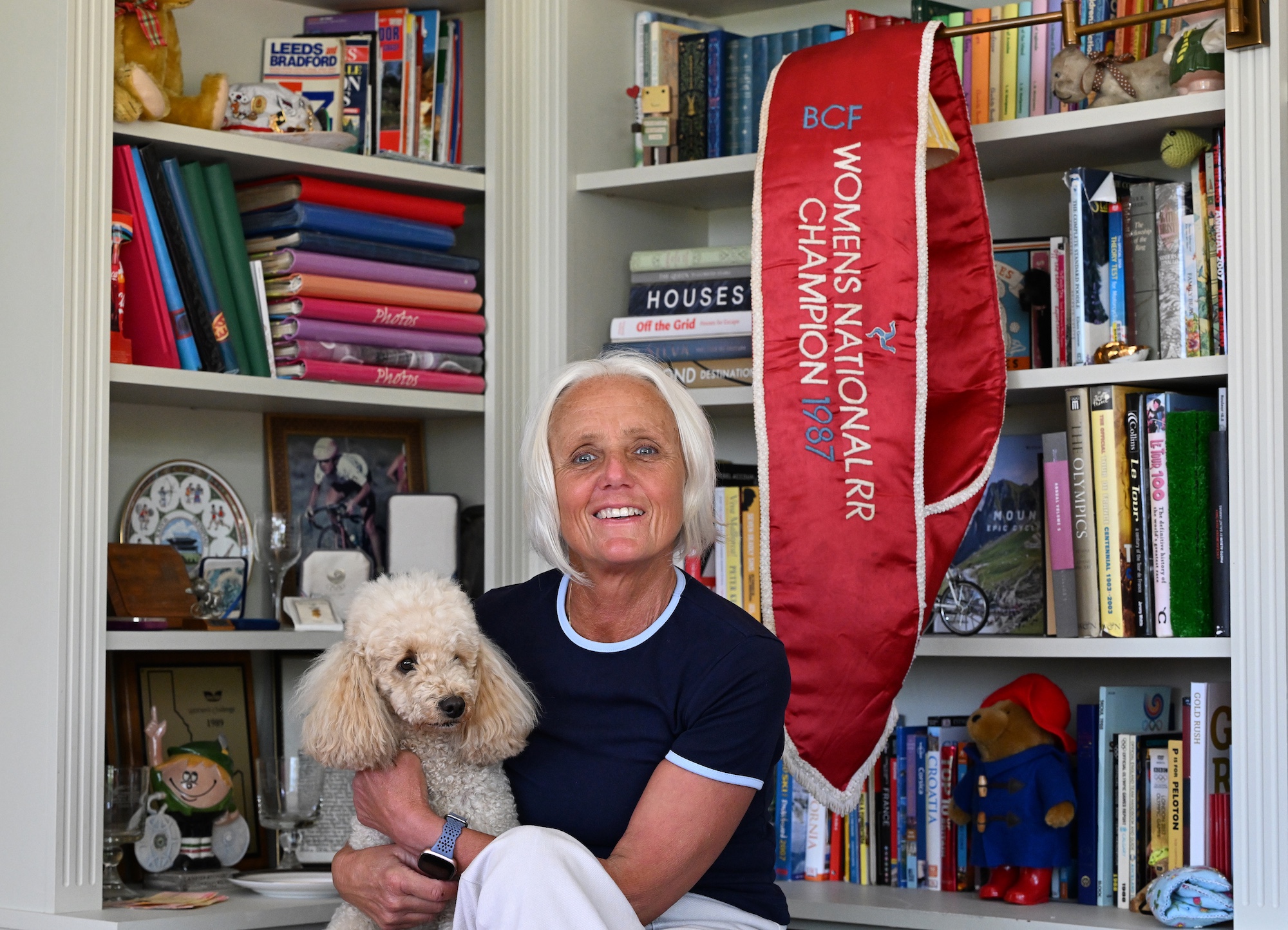
"I'd lost too much weight being in America," she says, "and I felt I couldn't race on the UK scene again. So that was the end of that. I didn't have anybody advising me, and it was a big regret that I finished so prematurely." In hindsight, she wishes she had had another crack at the Olympics. "I really regret not staying on to do Barcelona, as that course suited me much better [than Seoul had]."
Not wanting to dwell on the disappointment of her career ending too soon, the Yorkshirewoman turned her attention to family life and a career in corporate sales at the newly opened Forte Hotel near her village. She steered clear of cycling altogether until her daughter Abby discovered the sport as a teenager. That rekindled old connections, as Brambani rejoined her circle of cycling friends - many of whom also had children racing - and she relished being involved again, particularly watching Abby's generation hit new heights.
Brambani still follows professional cycling avidly. World champion Lotte Kopecky - a former team-mate and friend of Abby - and fellow Yorkshirewoman Cat Ferguson are among her favourite riders, as well as Pauline Ferrand-Prévot, Anna van der Breggen and Marianne Vos. What does she think of the way women's racing has evolved? "I would have liked to race the modern calendar, as it includes the Classics, which would have really suited me, but I'd want to do it old-school style - aggressively, attacking off the front from early on, and with no team orders."
As much as she admires the talent and opportunities of today's peloton, Brambani worries the sport risks losing some of its spontaneity. As someone who built her career on fearless attacks and instinct, she would have relished the chance to test herself on the Classics courses. Yet, as she watches the next generation - including her daughter's peers - she's content to be a spectator, passing on the lessons of a career that began on a Yorkshire club run and took her all the way to the Olympic Games.
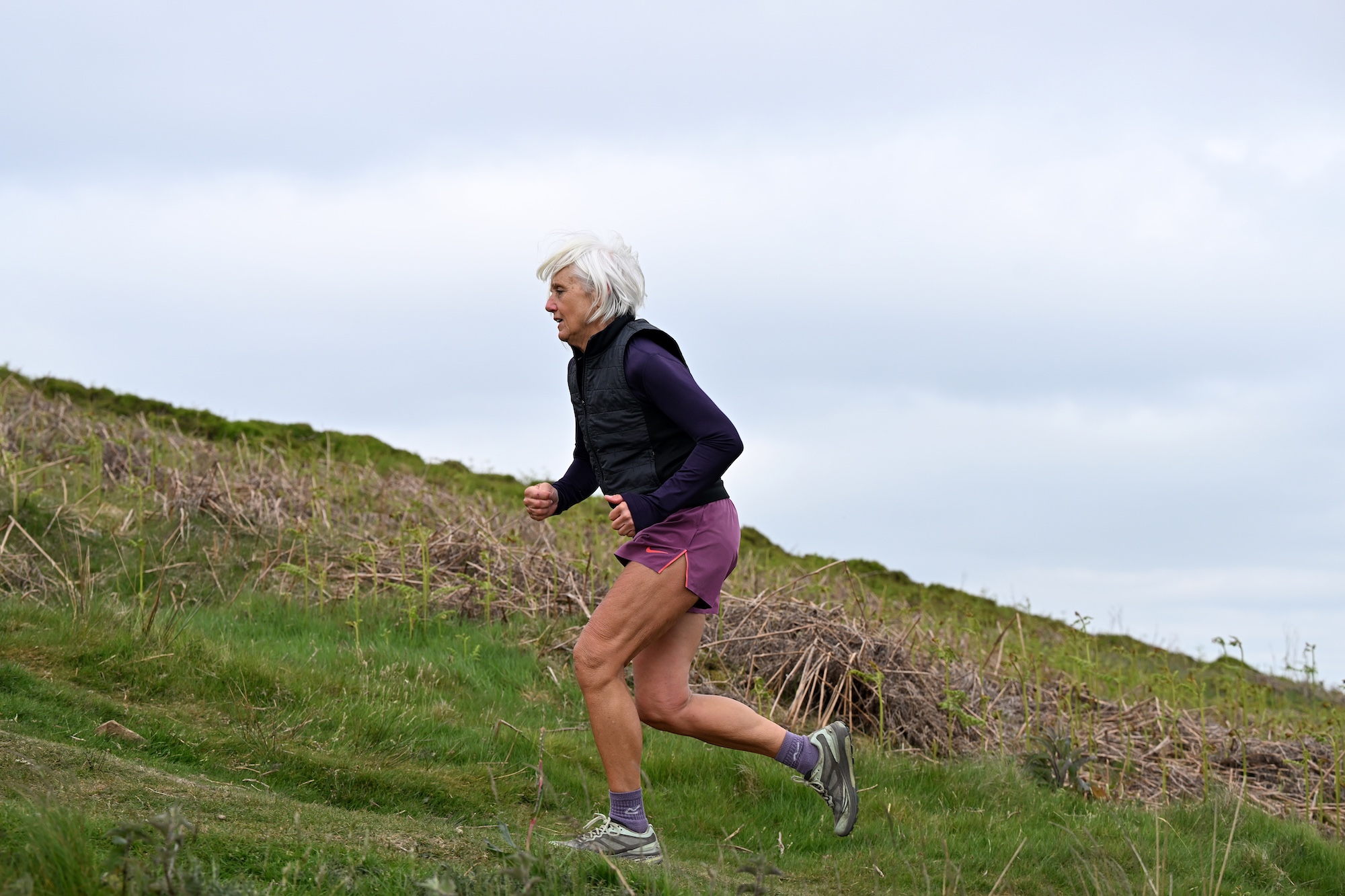
WHAT I WISH I'D KNOWN THEN
"I wish I had appreciated my achievements more at the time, and realised how big a deal it was winning the races I did. When I raced in the Giro Donne, I didn't even know it was the inaugural event. I was so naive.
I finished ninth overall, which was incredible, as I was only 19." "I also did well at the Tour de l'Aude, which was a big event in those days. In my first year there, I got to wear the climber's jersey for a day, and the year after that I was third behind Maria Canins and Jeannie Longo. I didn't know much about cycling - I just happened to be good at it." "I didn't even watch much cycling in the Olympics.
If I had thought about it more and had had someone to advise me, I would have stayed on for the Barcelona Olympics. But at the time I just didn't think about how much of a big deal it would have been." "Now that I look back at the road racing and TT National Championships I won, I realise it was quite an achievement. But I never wore the national stripes when I raced in the US. Maybe I should walk around Ilkley now wearing my national stripes, saying 'Do you know who I used to be? ."
Maria David is a freelance writer who spent five years living and working in Paris
You must confirm your public display name before commenting
Please logout and then login again, you will then be prompted to enter your display name.
